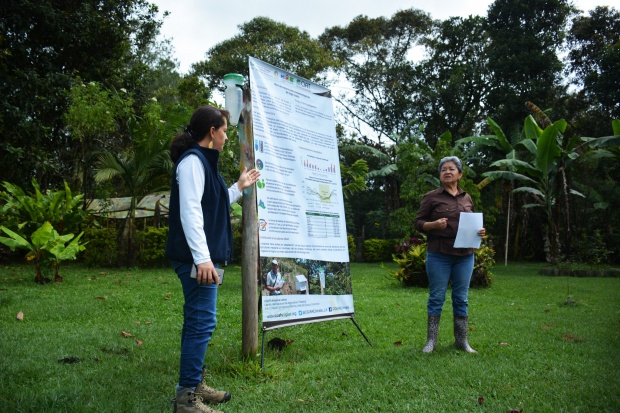Gary Cohen has been a leader in the environmental health movement for thirty years. Cohen is President and Co-founder of Health Care Without Harm and Practice Greenhealth. Health Care Without Harm (HCWH) is working to transform healthcare worldwide to reduce environmental degradation; it is working to put into practice environmentally sound and healthy alternatives to negative health care practices that generate pollution and contribute to disease.
Cohen recently sat down to discuss Health Care Without Harm and share how he is shaping his future.
Where did you grow up? What people or experiences influenced your passion for sustainability?
Gary Cohen: I grew up in New Jersey in the 1960s in the height of the civil rights movement and the birth of the environmental movement in the United States. I saw the first man walk on the moon and understood that there is only one Earth to sustain us and that if we poison our home, we poison ourselves.
It was a time when travelers from the West went to India and Japan and came back with awakenings related to the deep philosophical and spiritual traditions of Hinduism and Buddhism. I was also the first generation of Jewish children to be born after the Holocaust and grew up with a searing admonishment to never let such
a thing happening again.
All these factors influenced me and helped me see that there is only one human family and one planet and the only path toward global sanity and sustainability is to see the world as an interconnected web of life and to see everyone as our relatives.
RELATED SYF ARTICLES: David Beckmann | Madame Gandhi | Dee Boersma | Pierre Ferrari
What inspired you to found Health Care Without Harm in 1996? Why did the environmental practices of the health care industry need reforming?
Gary Cohen: At the time I founded Health Care Without Harm, I was already working to support communities whose health was impacted by toxic chemicals. In the mid-1990s we were learning that chemicals like dioxin and mercury could impact the developing child at minuscule doses in the first thousand days of life and lead to negative health impacts later in life.
The concern with these exposures wasn’t just cancer, but also learning disabilities, infertility, neurological impairment, and immune dysfunction. We were also learning that children were being born with over 100 toxic chemicals in their tiny bodies, like toxic time bombs that could go off and damage their future health. At the same time, the U.S. Environmental Protection Agency reported that medical waste incinerators were the largest source of dioxin emissions in the country as well as a leading source of mercury emissions because of all the broken mercury thermometers that were burned in the incinerators, releasing the mercury into our air.
At that point, I realized that our society had no hope of detoxing our economy of the very institution that had healing as its mission was itself a major polluter. So we started HCWH to bring the latest environmental health science to the health care sector and get them to clean up their “house”. Within a decade, we had shut down over 4,000 incinerators and eliminated the market for mercury-based thermometers in the country. Seven years later, we won a global treaty phasing mercury out of healthcare across the planet.
What are the most environmentally damaging health care practices still in place today?
G.C. : Health care is still a major user of fossil fuels to run its facilities and supply chains. If American hospitals were a country, they would be the 13th in global emitters (releasing more greenhouse gas emissions than the entire country of Britain).
We know now that fossil fuels are one of the leading killers in the world as well as the leading driver of the climate
crisis. Healthcare is 20% of the US economy and 10 of the global economy. If we can get healthcare off its addiction to fossil fuels and toxic chemicals, we can create momentum to decarbonize and detox the rest of our economy, improve the health of billions of people at the same time and solve the climate crisis.
Through this transformation, the health care sector can lead a larger societal shift that fundamentally changes how we think about our health and wellbeing (SDG 3), our supply chain and purchasing decisions (SDG 12), and of course climate change (SDG 13).
What are the links between a healthy environment and healthy people?
G.C. : You can’t have healthy people on a sick planet. One of the fundamental system failures of our current economic model is that it is based on fossil fuels, toxic chemicals, and industrial agriculture, which are massively contributing to the epidemic of chronic disease around the world and also destroying the planet.
Additionally, we are allowing the fossil fuel and petrochemical industry to internalize all the profits from their businesses and externalize all the public health and environmental harm. This is unjust at so many levels. As a society, we need to champion the rights of our children to be born toxic-free, to breathe clean air, to drink clean water and have access to healthy food over the rights of companies to profit by poisoning our bodies, our communities and our planet.
In relation to our Shape Your Future video series, I would like to ask you one more question, in fact, the one to top them all and to guide all of us: “How do you shape your future?”
https://www.youtube.com/watch?v=AwVrP-3KD74&feature=youtu.be









